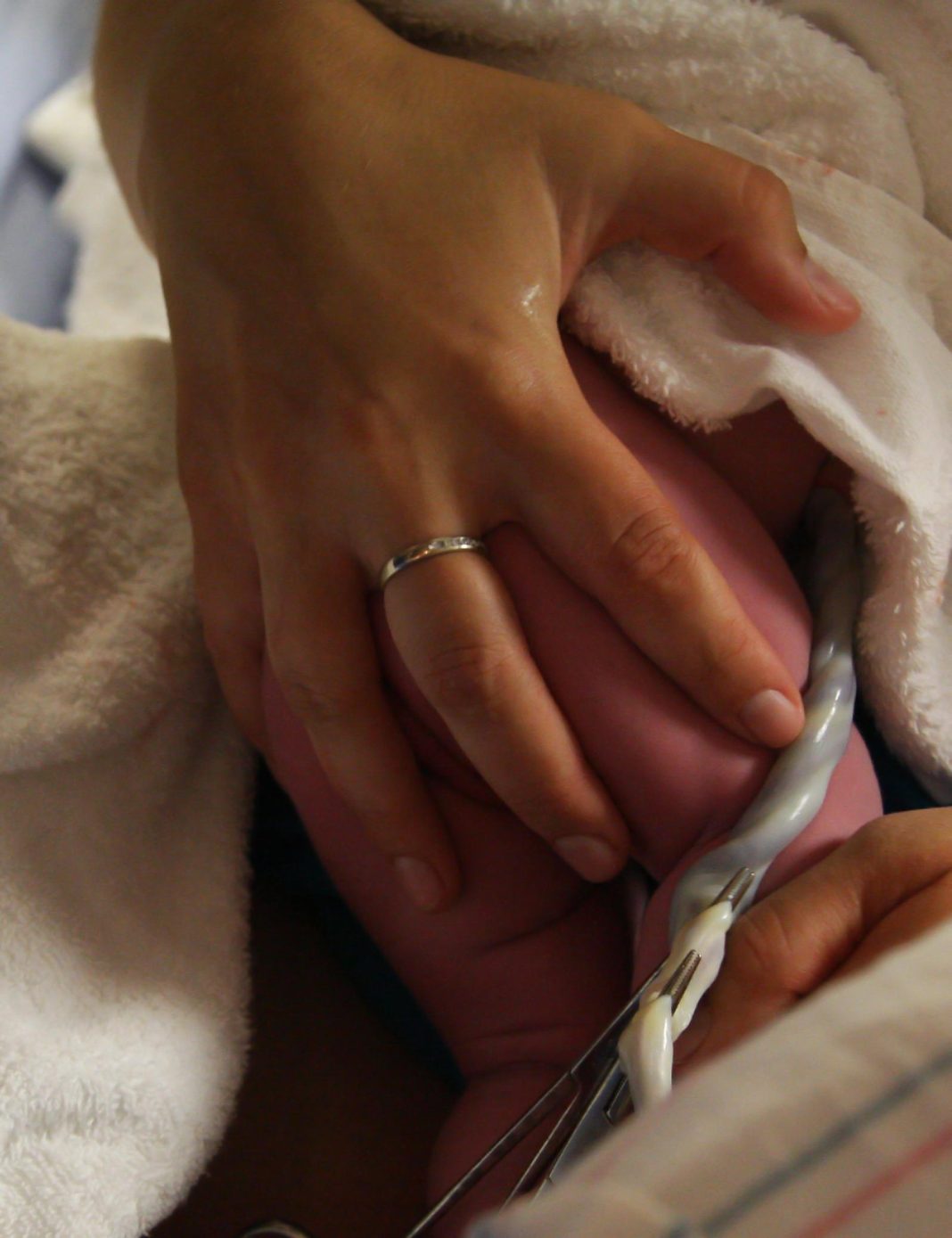In a world where birth is celebrated as both a profound and transformative experience, the question of how best to bring new life into existence is both ancient and ever-evolving. As expectant parents navigate the myriad of choices surrounding childbirth, the allure of natural childbirth—free from medical interventions—stands as a beacon of tradition and empowerment. Yet, in the labyrinth of modern medical advancements and diverse personal circumstances, one wonders: Is natural childbirth always the best option? This article delves into the complexities of this question, exploring the balance between nature and science, tradition and innovation, personal preference and medical necessity. Join us as we journey through the myriad paths of childbirth, seeking to illuminate the nuanced landscape that each parent must traverse in welcoming their child into the world.
Exploring the Benefits and Challenges of Natural Childbirth
Natural childbirth is often lauded for its numerous benefits, both physical and emotional. For many, it offers a profound sense of empowerment and connection, allowing the birthing individual to remain fully present during the experience. Benefits of natural childbirth include:
- Reduced medical interventions, such as epidurals and C-sections, which can lead to quicker recovery times.
- Increased mobility during labor, which can help ease pain and facilitate the birthing process.
- Immediate bonding with the newborn, as the mother is fully aware and can engage in skin-to-skin contact right away.
However, choosing this path isn’t without its challenges. It’s essential to consider the unpredictability of labor, where unforeseen complications may necessitate medical intervention. Some potential challenges include:
- Intense pain, which may be difficult to manage without medication.
- Exhaustion, as the process can be lengthy and physically demanding.
- Limited access to pain relief, especially in settings where medical resources are scarce.
Ultimately, the decision to pursue natural childbirth is deeply personal and should be made based on individual preferences, health considerations, and access to supportive care.
Understanding Medical Interventions and Their Role in Childbirth
When it comes to childbirth, the journey is as unique as the individuals involved. While natural childbirth is often celebrated for its simplicity and connection to traditional practices, medical interventions can play a crucial role in ensuring the safety and well-being of both mother and child. Understanding these interventions is essential for making informed decisions.
Medical interventions during childbirth can include a range of options, such as:
- Induction of labor: This may be recommended if the pregnancy goes beyond term or if there are health concerns for the mother or baby.
- Epidurals: Used for pain relief, allowing the birthing person to remain comfortable and possibly have a more positive birth experience.
- Cesarean sections (C-sections): These are sometimes necessary for situations like breech births or when the baby shows signs of distress.
These interventions, while sometimes viewed with apprehension, are designed to address specific needs and ensure a safe delivery. The key is open communication with healthcare providers, understanding the benefits and risks involved, and making choices that align with personal values and medical advice.

Personalizing the Birth Plan: Factors to Consider
When crafting a birth plan, personalizing it to align with individual needs and circumstances is crucial. Considerations such as health conditions, personal preferences, and support systems can significantly influence the decision-making process. Each birth experience is unique, and understanding the available options can empower expectant parents to make informed choices.
- Health Conditions: Assess any existing medical conditions that might impact the birthing process.
- Personal Preferences: Reflect on personal beliefs and values surrounding childbirth.
- Support Systems: Evaluate the level of support from family, friends, and healthcare professionals.
- Location and Facilities: Consider the resources available at different birthing locations.
By thoughtfully evaluating these factors, parents can tailor a birth plan that respects their desires while accommodating any medical necessities, ensuring a more personalized and satisfying childbirth experience.

Expert Recommendations for a Safe and Empowering Birth Experience
Choosing the right childbirth approach is a deeply personal decision, and it’s essential to consider various expert recommendations to ensure a safe and empowering experience. Midwives and obstetricians often emphasize the importance of informed choice, encouraging expectant parents to evaluate all available options. While natural childbirth is celebrated for its minimal intervention and the potential for a profound connection with the birthing process, it’s not universally ideal for everyone.
- Consultation with Healthcare Providers: Engage in open discussions with your healthcare team to understand the risks and benefits associated with different birthing methods.
- Personal Health Considerations: Evaluate personal health conditions and any potential complications that might influence the decision.
- Emotional Preparedness: Consider the mental and emotional readiness for the challenges and rewards of natural childbirth.
- Support Systems: Identify the availability of support from family, doulas, or midwives who can provide assistance and encouragement.
Ultimately, the goal is to empower parents to make choices that align with their values and circumstances, ensuring both safety and satisfaction in the birthing experience.








